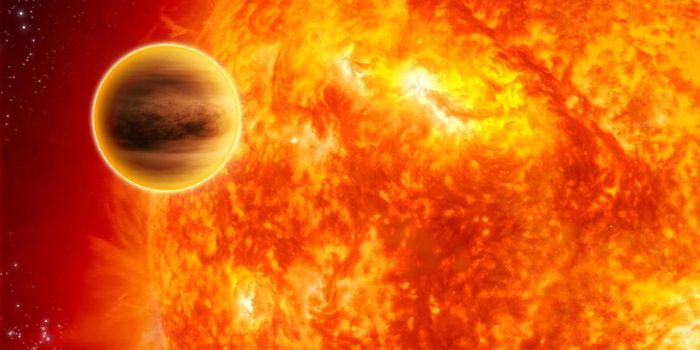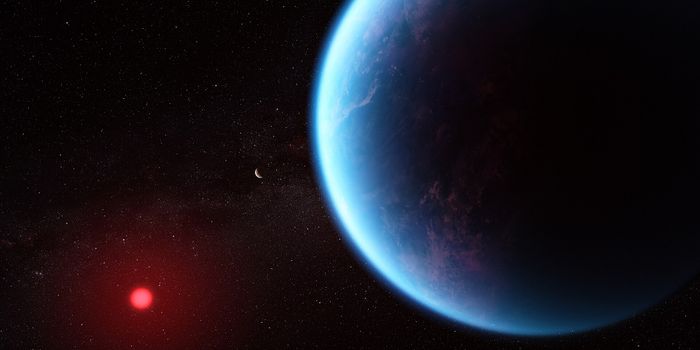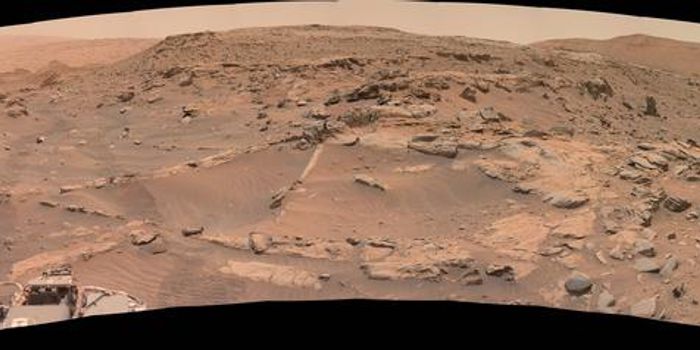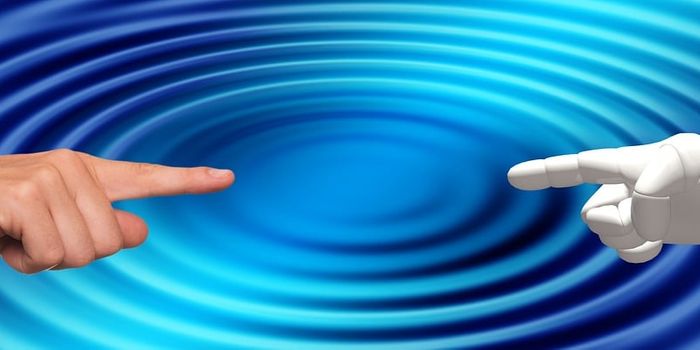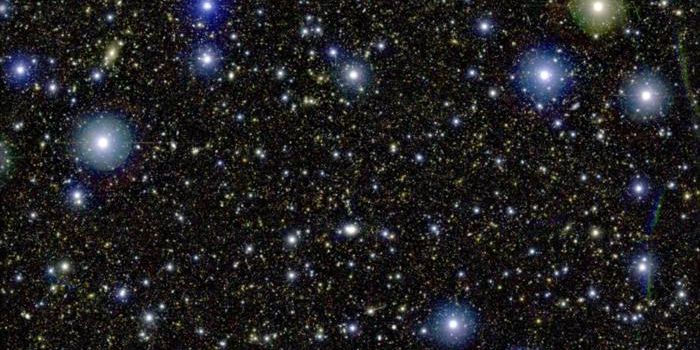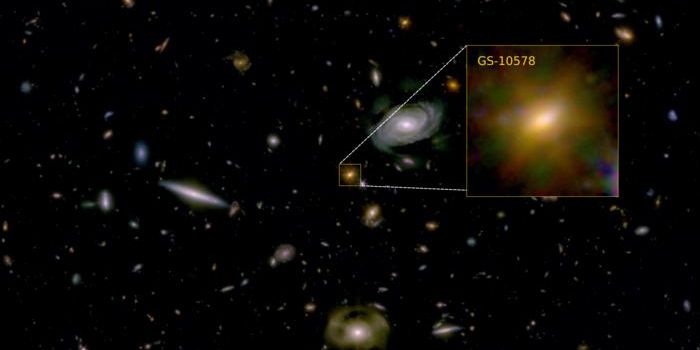Wristband Warns Dangerous UV Exposure
Ultraviolet (UV) radiation consists of electromagnetic radiation of a wavelength shorter in length than the visible region and longer than that of soft X-rays. The Sun will emit ultraviolet radiation in the UVA, UVB, and UVC bands. However, absorption in the atmosphere's ozone layer, 99% of the UV radiation that reaches the Earth's surface is UVA. The prolonged exposure to solar UV radiation results in a multitude of acute and chronic health effects on the skin, eye, and immune system. Exposure to all three UV bands can destroy the collagens fibers represent in our skin and accelerate aging of the skin.
Now, according to the recent ground-breaking research findings published in Nature Communications, researchers from the University of Granada and RMIT University in Melbourne have created personalized and low-cost wearable ultraviolet (UV) sensors that will warn if their current UV exposure has become dangerous.
Generally, UVA is the least harmful UV band because it does not cause a sunburn but nevertheless, it penetrates deeply and can contribute to skin aging, DNA damage, and skin cancer. UVA can be measured in SPF testing since it does not cause reddening of the skin. The UVB band can cause skin cancer but holds some positive effects as it induces the production of vitamin D in the skin, which is essential for healthy bones, teeth and muscles.
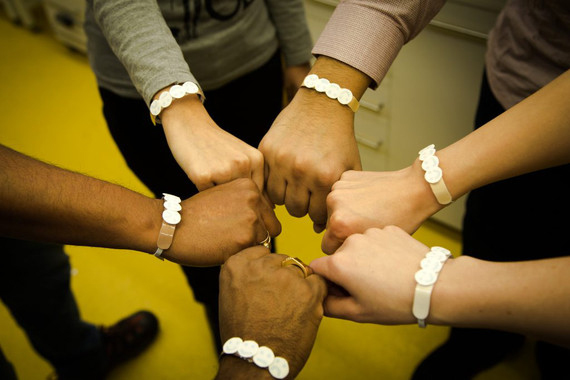
In the study, the paper-based sensor technology is a wearable wristband that features happy and sad emoticon faces – drawn with an invisible UV-sensitive ink. The ink can successfully light up as an individual reaches 25%, 50%, 75% and finally 100% of the daily recommended UV exposure.
The researchers have also created six versions of the color-changing wristbands, each of which is personalized for a certain skin tone which is important to note that darker-skinned people will need more sun exposure to produce vitamin D.

Source: Science Daily, University of Granada

